If your gorgeous cat has just had kittens, it can be an exciting time for you as a pet parent. Despite the urge to meet those kittens right away, though, it’s best to give your cat time alone with her babies for the first few days. While you should provide high-quality kitten food, water, a clean litter tray, and a quiet environment for the mother cat, most professionals recommend not socializing with the kittens until they’re at least 2 weeks old.
During this time, you can keep an eye on your cat and her babies from a distance. Most of the time, a mother cat will keep her kittens in the same warm and cozy nest that she built before she gave birth. She may occasionally decide to move the nest to a different location if she feels uncomfortable or stressed.
In rare cases, a mother cat may remove just one kitten from the nest, and that’s the scenario that we’re going to look at in closer detail here. Why do mother cats move just one kitten, and when should you worry about this behavior?

The 4 Possible Reasons Why a Mother Cat Moves Only One Kitten
1. She Wants to Move All the Kittens to a New Location
Sometimes a mother cat will decide to move all her kittens to a new location. Maybe her current nest feels too noisy or exposed, or there are too many people coming over to look at her and her kittens when she really wants to be left alone.
In this case, a mother cat may move one kitten before returning to her nest to collect the others. You may just have caught her in the middle of her move, so keep an eye on her, and see if she’s planning on moving the whole litter. Don’t interfere with this process other than to provide more bedding, food, water, and a litter tray once your cat has settled into her new location.
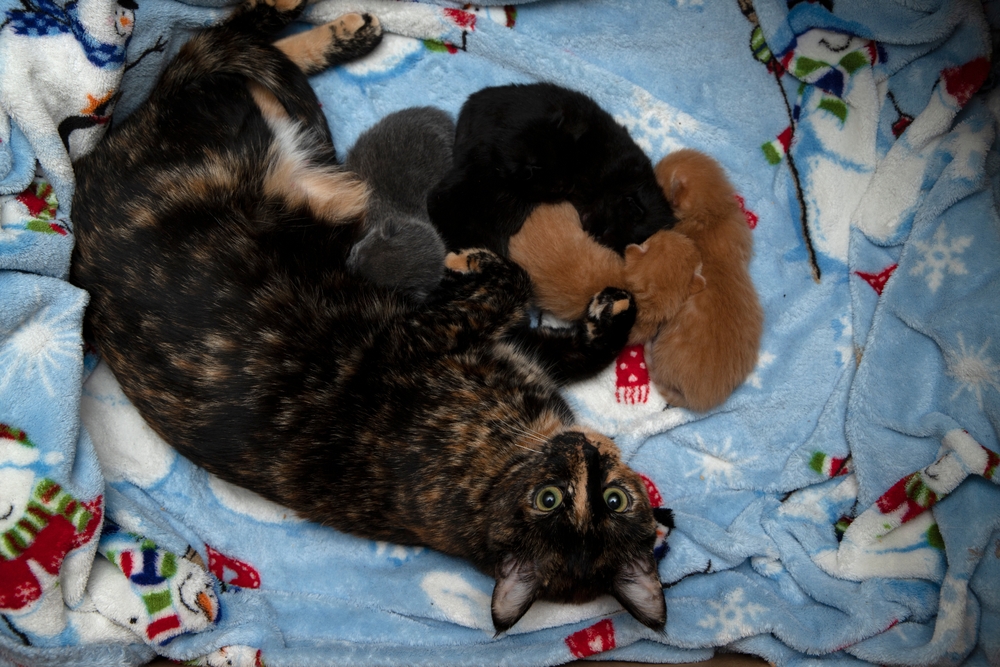
2. Something May Be Wrong With One Kitten
Cats are sensitive creatures, but they are also hardwired for survival. Sometimes, a cat senses that there is something wrong with one of her kittens, even if that’s something we can’t see. Some kittens may have an underlying health condition, and in this case, a mother cat may remove that kitten from the nest and focus her attention on the remaining, healthy kittens. It might seem like a harsh decision, but this is a throwback to your cat’s instincts to survive. In the wild, a poorly kitten that becomes seriously sick may attract predators, and that puts the mother cat and the rest of her litter in grave danger too.
If you see your mother cat has moved just one kitten and makes no attempt to create a new nest or move any other kittens, there could be something wrong with that one kitten. You can try gently placing them back in the nest and wait to see what happens.
You should also book a vet exam to start figuring out if there’s an underlying health condition affecting that kitten. If the mother cat continually removes the kitten and won’t allow them to nurse, you can bottle feed the baby and raise them as an orphan. Kittens need feeding at regular intervals, and you’ll need to keep them warm and dry. Ask your vet for advice on how to care for an orphan kitten. This scenario usually occurs within 24 hours of your cat giving birth, so keep a close eye on her from a distance.
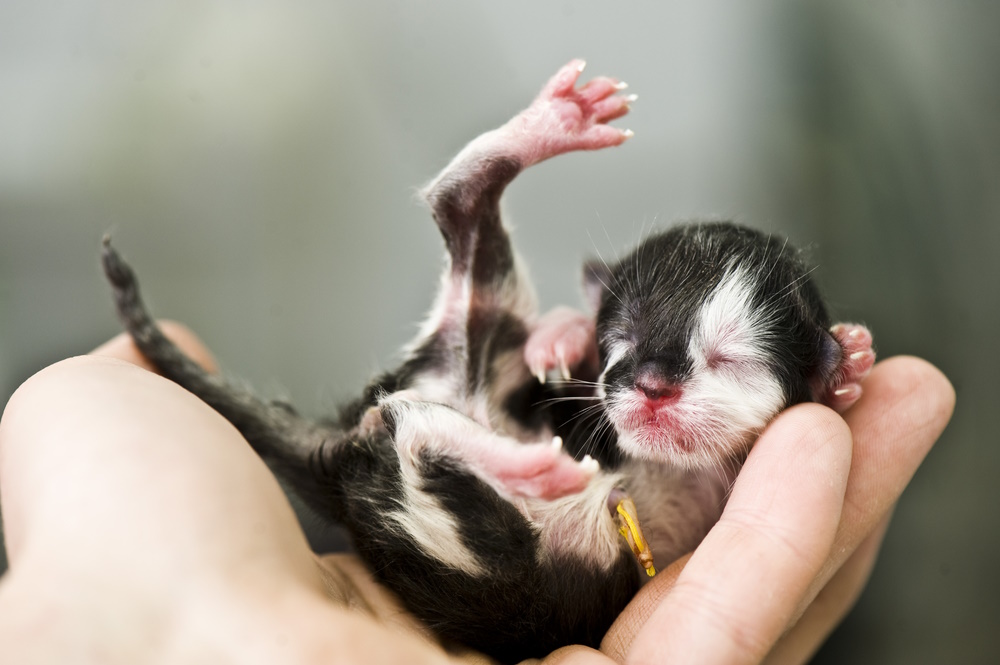
3. She Is Confused and Disoriented
Labor is hard work! Some cats will cope with it better than others. Sometimes, a mother cat can appear confused and disoriented after giving birth. She may behave in strange ways, including moving kittens to places that you wouldn’t expect and then possibly forgetting about them.
In this case, retrieve the misplaced kitten and put them in the nest. Keep a close eye on your cat, and call your vet to explain how she’s acting.
4. She May Have Too Many Kittens to Care For
Some cats have larger litters than they can realistically take care of. In this situation, your cat may decide to remove one of the weakest kittens from the nest, to concentrate her energies on the others. This is rare but not unheard of.
If your cat has had an unusually large litter and makes attempts to remove one kitten from the nest, she’s following her ingrained survival instincts. You may be able to persuade her to keep the kitten in the nest and give supplementary milk replacement powder to help all kittens grow up big and strong.
If she rejects the kitten again, this is another scenario where you can hand-raise the kitten on milk replacement powder alone.
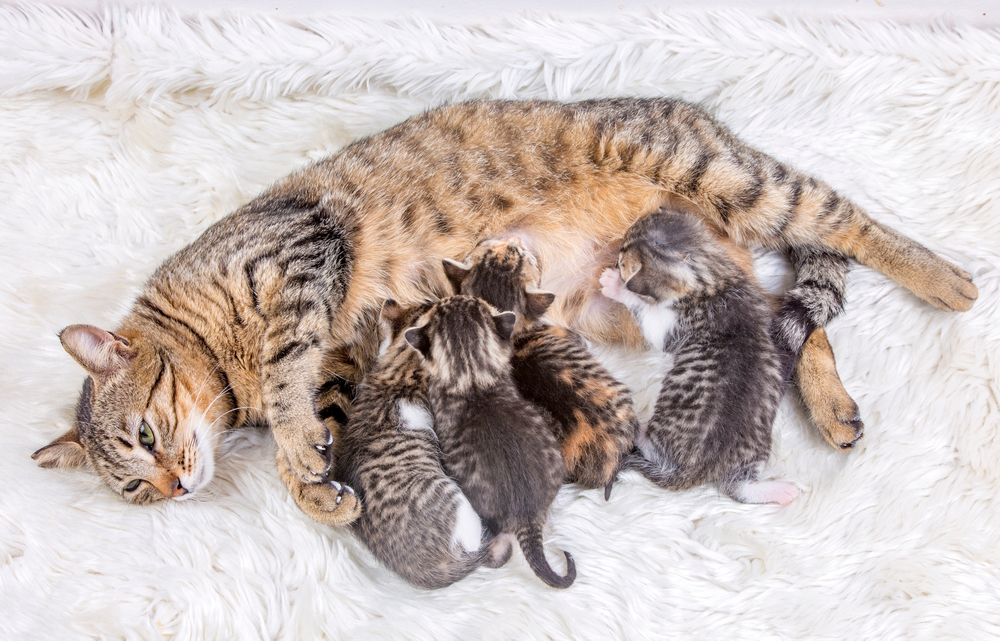

What Should You Do With the Kitten That’s Been Removed?
If your cat has removed one kitten, what’s your next step? The first thing to do is to place the kitten back in the nest with their littermates. Keep a close eye on the mother cat to see if she tries to remove them again.
If she does, keep the kitten warm and dry in the meantime. Call your vet for advice as soon as possible, as newborn kittens need milk every 3 to 4 hours. Your vet may ask for more information, request that you come in with the kitten for a physical exam, or give you advice on how to raise the kitten as an orphan. With care and attention from their human owners, most orphan kittens thrive and go on to grow into lively juveniles with plenty of energy!
If you need to speak with a vet but can't get to one, head over to PangoVet. It's an online service where you can talk to a vet online and get the advice you need for your pet — all at an affordable price!
Conclusion
Keeping a close eye on your cat and her kittens means you’re well-placed to offer help if needed. A mother cat removing a kitten from her nest is a rare occurrence, but knowing how to cope with it if it does happen is the best way that you can support your feline and her new babies.
See also:
- Why Do Mother Cats (Sometimes) Eat Their Kittens?
- Do Cats Miss Their Kittens? Feline Maternity Explained
- Why Did My Cat Have Only One Kitten? 3 Possible Reasons
Featured Image Credit: Valeriya_Chistyakova, Shutterstock
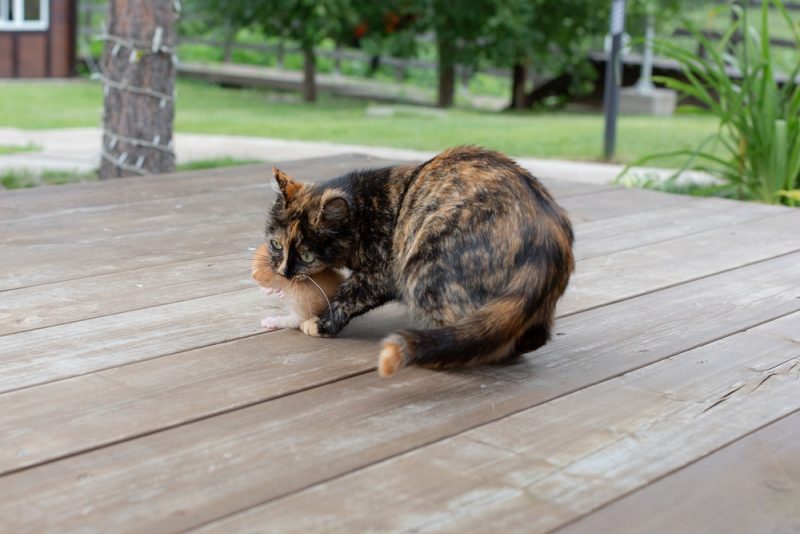



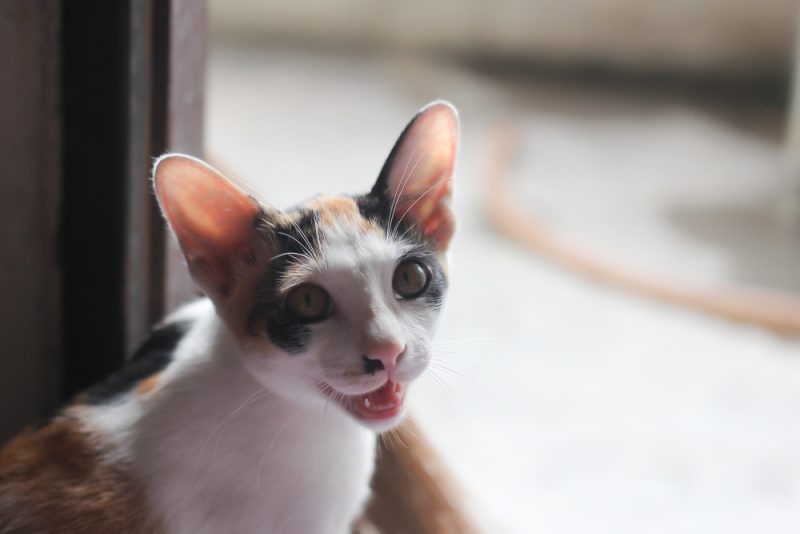

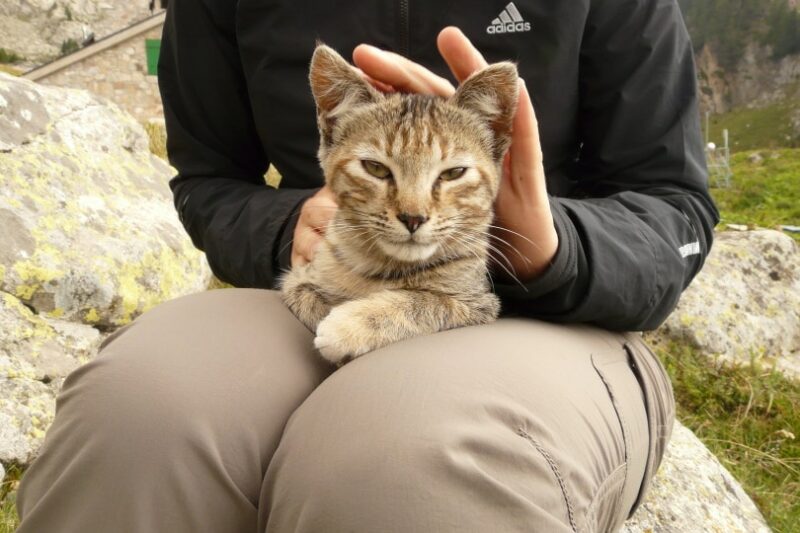
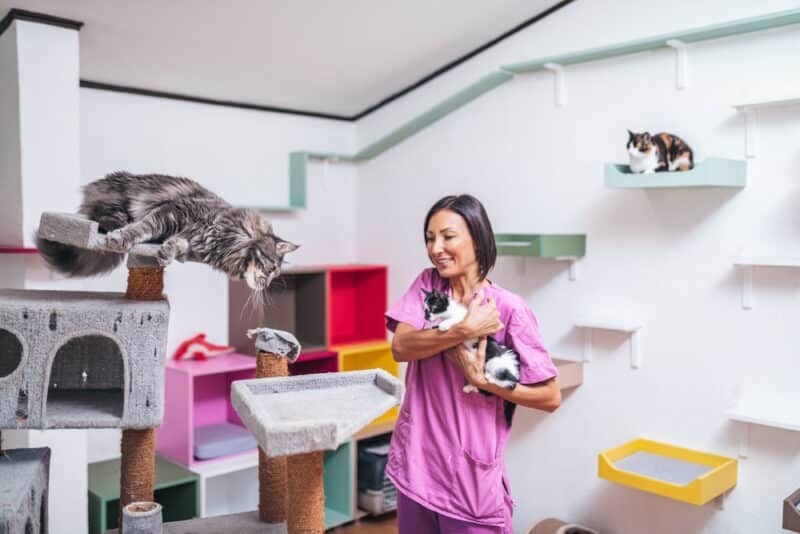
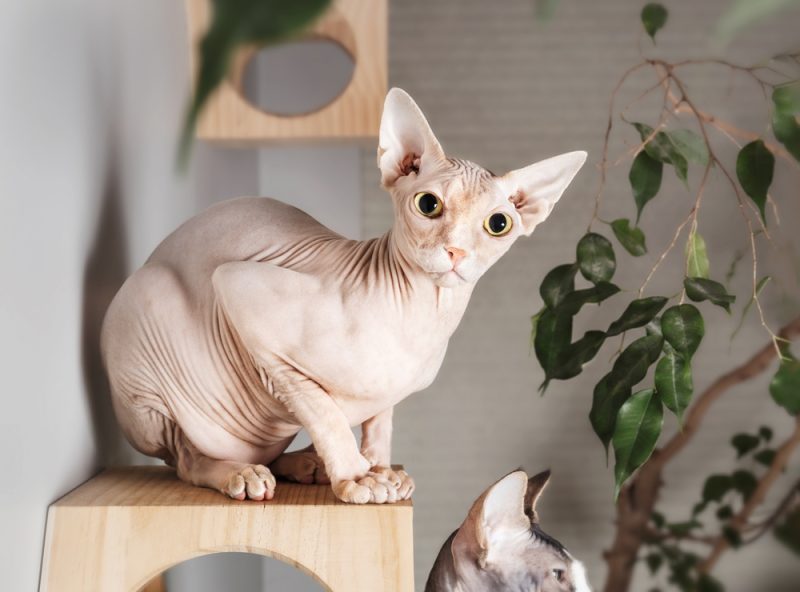
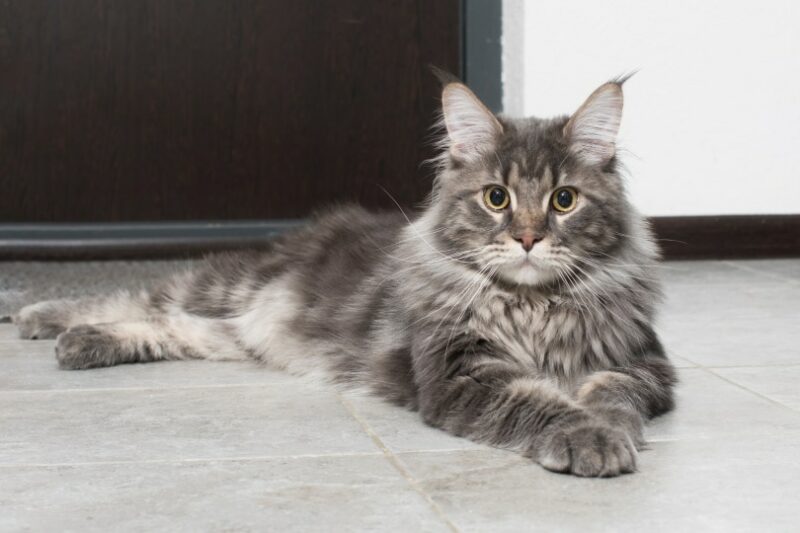

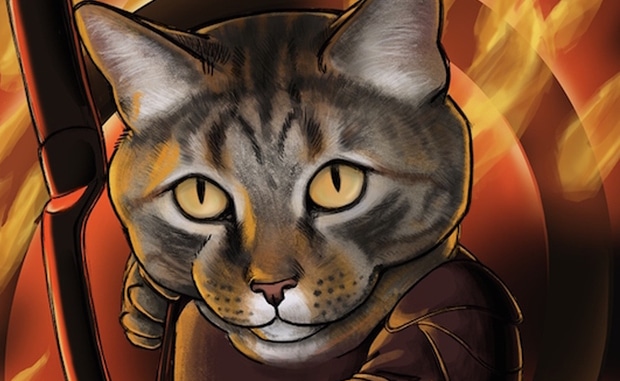
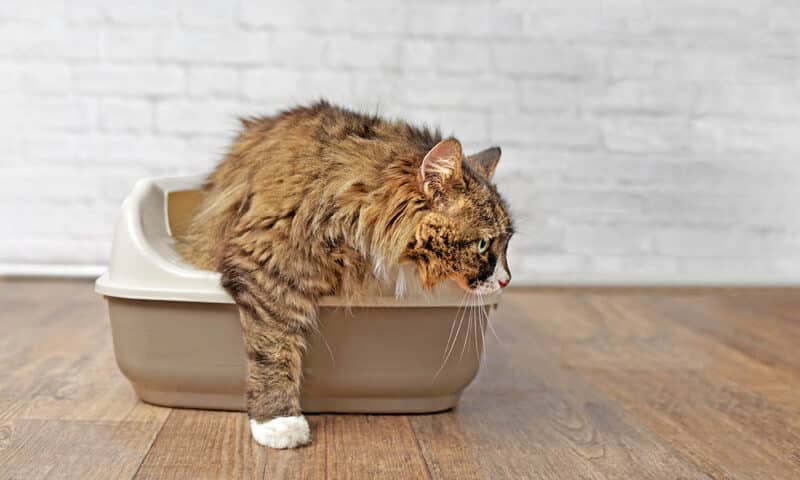
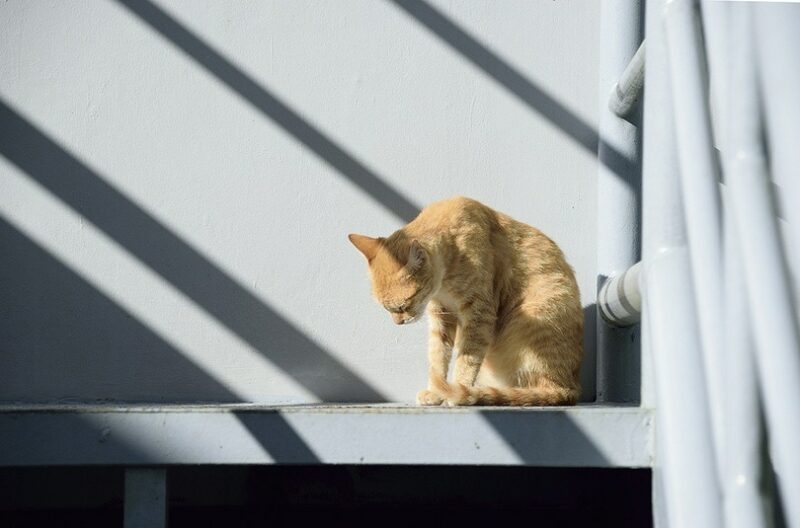
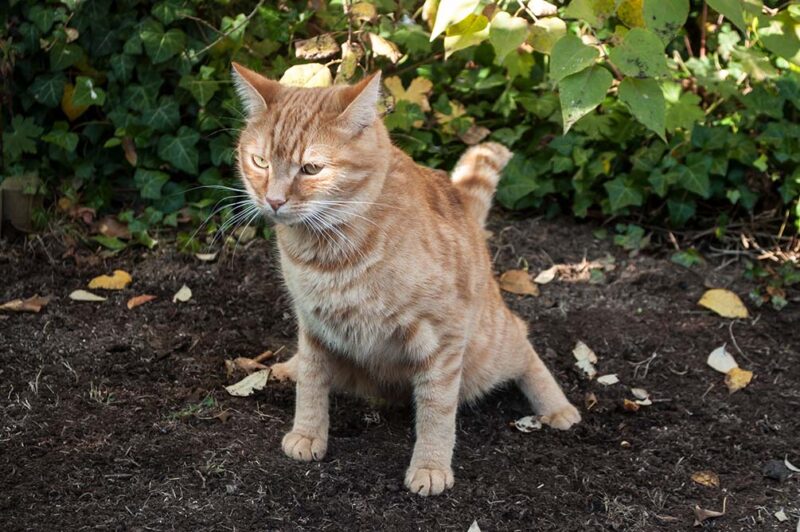
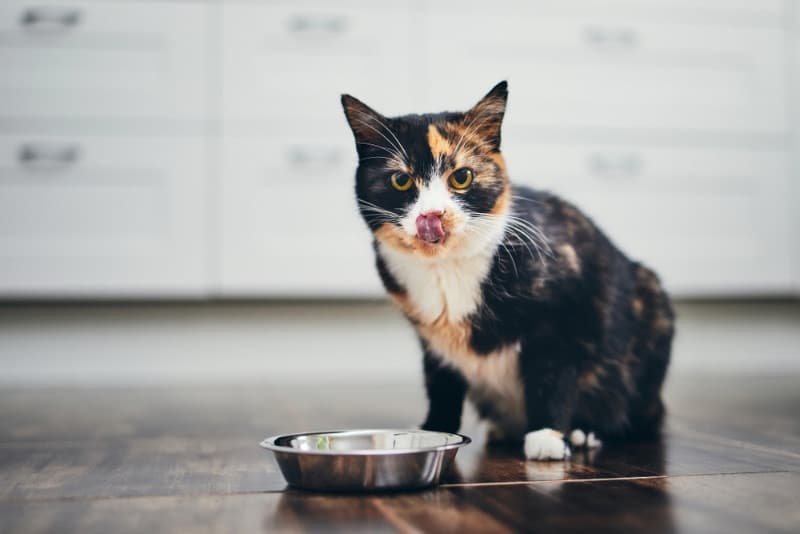
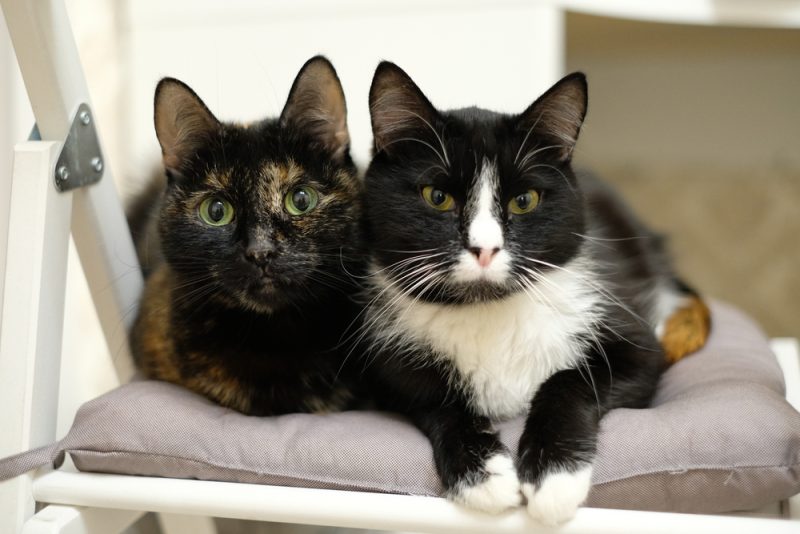
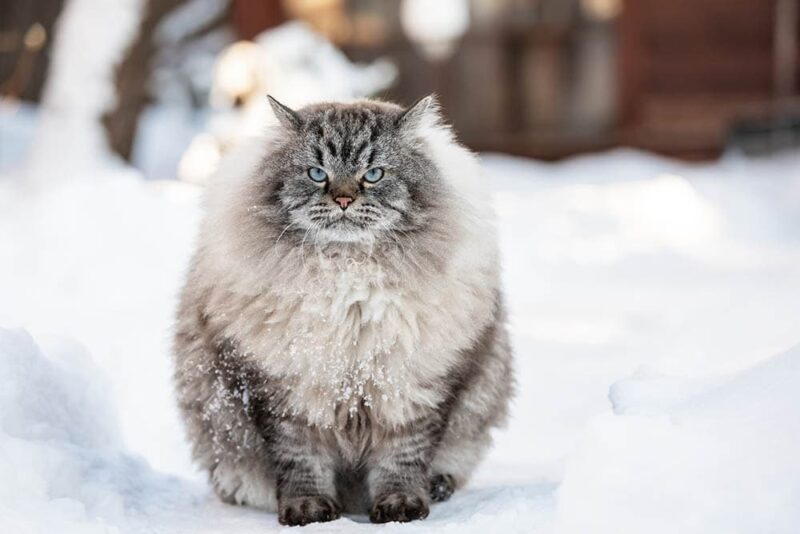
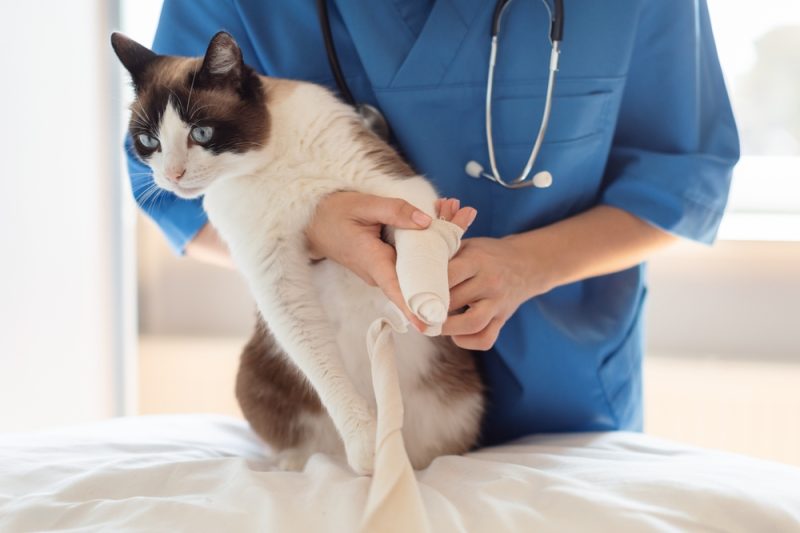
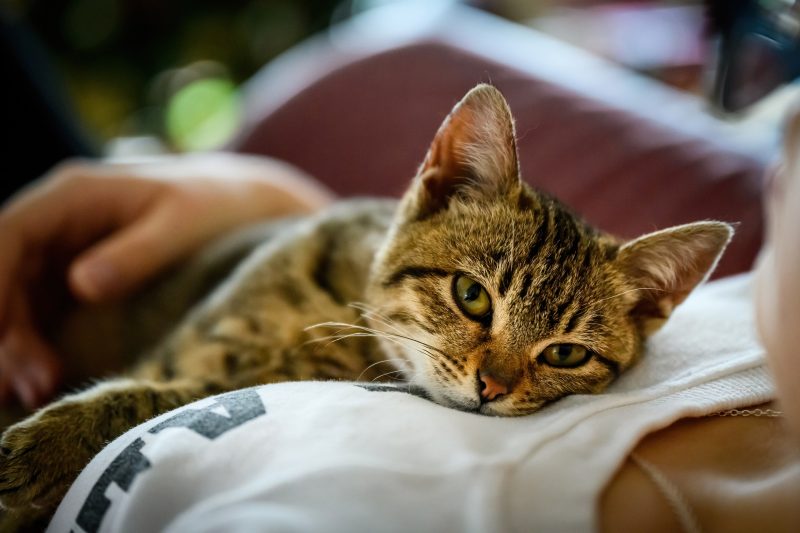



2 Responses
bonjour, une chatte qui vit en exterieur avec ses petits de 27 jours, un de ses petits se retrouve en dehors du nid regulierement depuis 3 jours, elle essaye de porter son chaton pour le ramener au nid….mais ny arrive pas et le
laisse tout seul en dehors du nid, je lui ramene son petit et le lendemain ça recommence. est ce une négligence ou un délaissement l'attitude de la mére ? le chaton est il teméraire ou bien il suit sa mére par manque de lait ? ou bien sa mére cherche à l'exclure ? l'obstacle pour rejoindre le nid est infranchissable pour le chaton et la mére ne fais pas beaucoup d'effort pour ramener son petit quitte à le laisser…ce qu'elle fait d'ailleurs, les autres de la fraterie ne bouge pas du nid, cela dis elle toilette tout de même son chaton, est ce une attitude normale, faut il intervenir pour secourir le chaton, pour information…je nourris la mére depuis plusieurs mois (moitié sauvage) et son chaton n'hesite pas à venir vers moi en miaulant….merci d'avance de vos conseils.
Hello,
thank you for your question. We understand that you may be worried for the kitten, however, mother cats are known to take care of their kittens until they are able to take care of themselves. If the mother cat fails to do this, there is usually some reason for this. It is also possible that the kitten is stronger/more curious than others so it simply wants to explore. As long as the kitten gets fed by its mother, there is nothing you need to do, especially when it comes to feral or half-feral cats. You can keep feeding the mother cat and perhaps add some food for kittens as well so they have option to eat if they will decide to. Also, and most importantly please consider that cats are very prolific. The best way to help her and the rest of the kittens is by getting her spayed. The kittens will also need to be neutered and hopefully adopted. Otherwise, very soon, you will have hundreds of kittens in the street. Thank you for reading us.